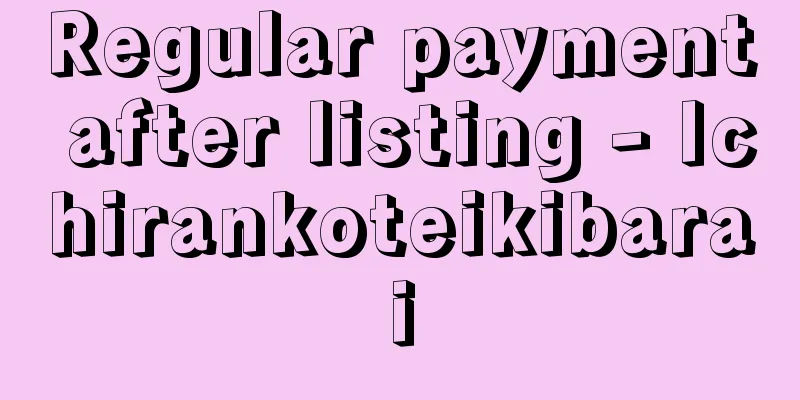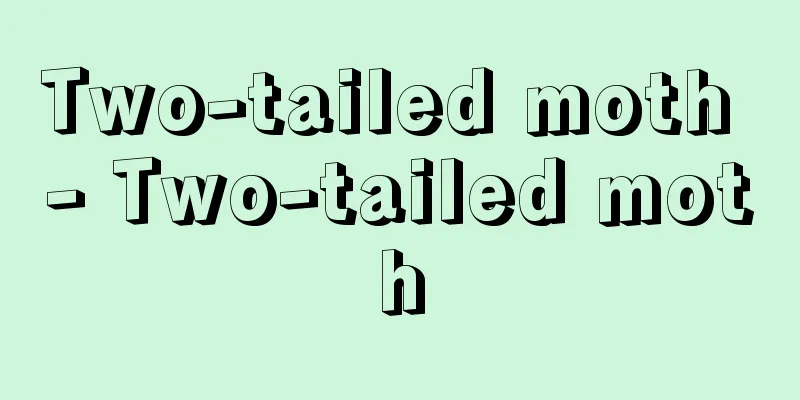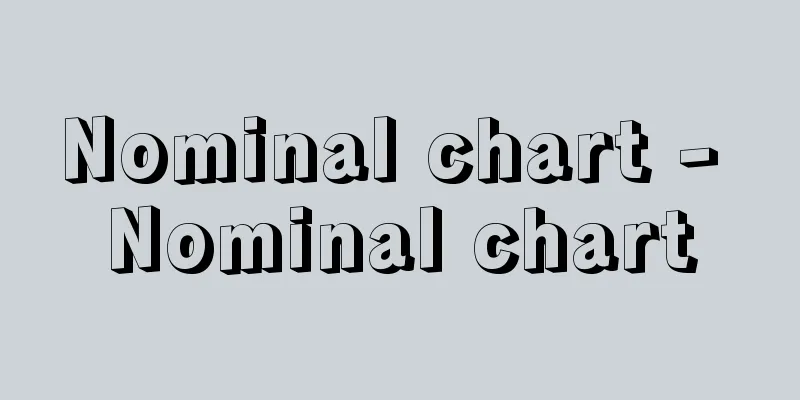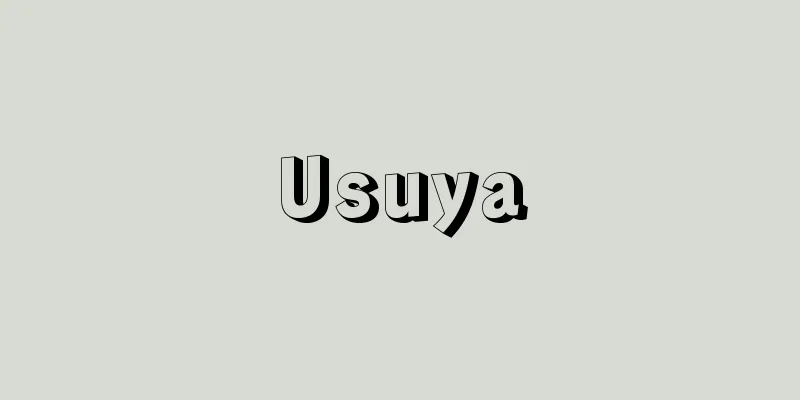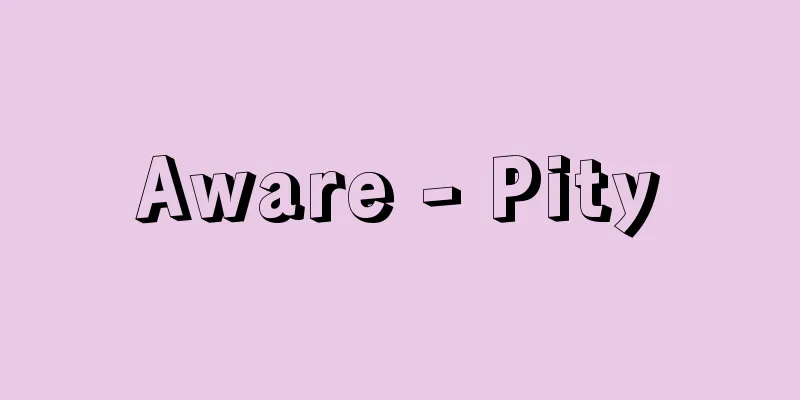Household servant

|
〘Noun〙 Taxes imposed on households in the Middle Ages and early modern times. There were taxes imposed by the shogunate or feudal lords, and those imposed by villages and other communities. The standards for household taxes were based on the size of the household, as well as the household's ability to pay. They are also called 'muneyaku' or 'zaikeyaku'. ※Gyokujinsho (1563) 27: "A person who does not make a household a household is called an 'idler.'" Source: The Selected Edition of the Japanese Language Dictionary About the Selected Edition of the Japanese Language Dictionary Information |
|
〘名〙 中世・近世の家に賦課された課役。幕府・大名が課すものと村などの共同体が賦課するものがあった。家役の基準としては、家の大小のほか、その家の負担能力があった。棟役、在家役などともいう。※玉塵抄(1563)二七「民の家をば家やくせぬ者を遊戸と云ぞ」
出典 精選版 日本国語大辞典精選版 日本国語大辞典について 情報 |
Recommend
Gion Kobu
…Specialties such as Gion tofu and Gion kousen we...
Aguaruna - Aguaruna
...They call themselves Xuala, and are divided in...
Indian Buddhism
...However, foreign philosophies and religious id...
Auguste Dupin - Auguste Dupin
…In the three following novels, “The Mystery of M...
Nabeshima Naoyoshi
1844 * -1915 Daimyo and aristocrats from the late...
Nirvana painting
This painting depicts the scene of Shakyamuni'...
Micombero, M. (English spelling)MicomberoM
… [Politics] The conflict between the Tutsi and H...
H-beam - H-beam
A steel beam with an H-shaped cross section. Its d...
Magnolia denudata (English name)
…[Kunihiko Ueda]. … *Some of the terminology that...
nerve block
…There are several types of local anesthesia: (1)...
Casablanca (English spelling)
In Arabic, it is called Ad-Dal al-Baydā, meaning &...
Carson City
The capital of Nevada, located in the western end ...
British American Tobacco Co.
…Its official name is the British American Tobacc...
cold abscess
…In this case, acute inflammatory symptoms are of...
Olga [Mountain] - Olga
…The largest single rock in the world. It is a hi...
